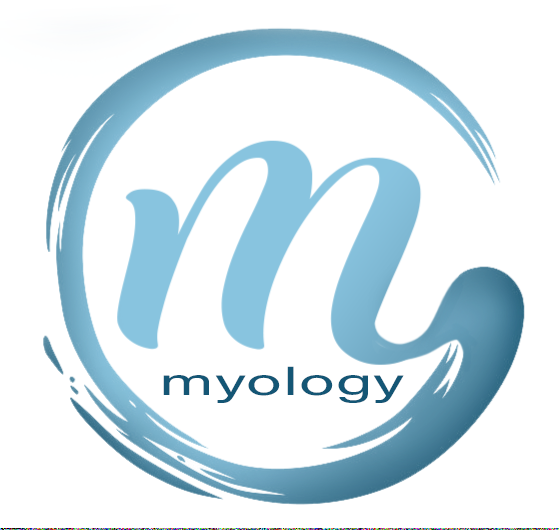Related to TMJ issues
What is Temporomandibular Joint Dysfunction (TMD)?
The term temporomandibular joint dysfunction (TMD) is used to define some problems that can affect the temporomandibular joint (TMJ), as well as the muscles and structures involved in chewing. It is estimated that 1 in 6 people suffer from TMD. TMD can include anything from "lockjaw" to crunching, clicking, or popping when chewing.
What causes TMD?
TMD may be related to various factors such as dental changes (orthodontics, loss or wear of the teeth, or poorly fitting dentures), developmental problems, unilateral chewing, mouth breathing, lesions due to trauma, or degeneration of the TMJ, muscle strains caused by psychological factors (stress and anxiety), and poor habits (nail biting, biting objects or food too hard, resting chin on hand, grinding or clenching teeth during sleep).
How is myofunctional therapy carried out for patients with TMD?
Most cases of TMD should be treated by a team of allied health professionals such as a myofunctional therapist, dentist, psychologist, physical therapist, neurologist, and ENT. The myofunctional therapist, after conducting a thorough assessment and working in an allied approach, may apply techniques to rebalance and retrain muscles of the mouth, face, and neck. To restore the correct functions of breathing, chewing, and swallowing. With this, there may be a reduction in and elimination of the signs and symptoms of TMD. The patient should be aware of harmful oral habits contributing to their condition.
What are the main signs and symptoms of TMD?
Pain may be present around the TMJ (it may radiate to the head, neck, and teeth), along with earache, tinnitus (noise or ringing in the ears), ear fullness, sounds when opening or closing the mouth (popping or other noises in the TMJ), pain or difficulties when opening the mouth, and pain when moving the jaw and the muscles involved in chewing.





